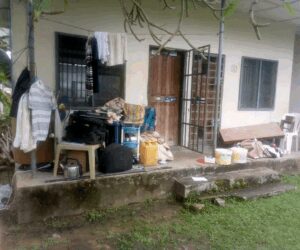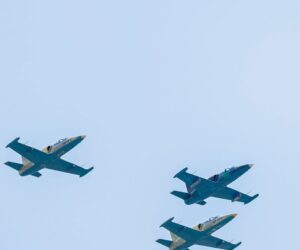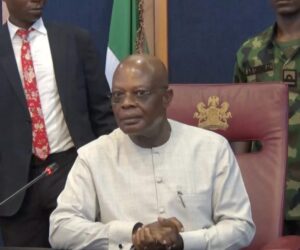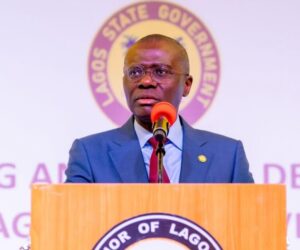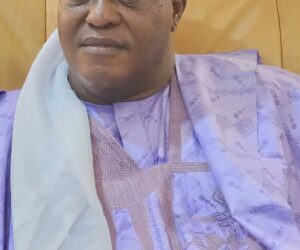The House of Representatives has ordered a sweeping investigation into the expenditure of over $18 billion on the rehabilitation of the country’s state-owned refineries.
The facilities in Port Harcourt, Warri, and Kaduna remain largely non-functional, fueling public outrage and calls for accountability amid soaring fuel prices and energy insecurity.
The resolution, passed during Thursday’s plenary session, stems from a motion sponsored by Hon. Solomon Bobo Whingan (PDP, Delta), who decried the “gross misuse of public funds and betrayal of public trust.”
Whingan highlighted that the refineries, critical to Nigeria’s quest for fuel self-sufficiency, have guzzled billions in taxpayer money over the past two decades without delivering results.
“The continued non-functionality despite consistent budgetary allocations represents a national scandal,” he stated, urging the House Committee on Petroleum Resources (Midstream) to lead the inquiry.
At the heart of the probe is the so-called Turn Around Maintenance (TAM) program, initiated under successive administrations since 2007.
Lawmakers referenced a pivotal decision by the late President Umaru Musa Yar’Adua to reverse a privatization deal involving billionaire Aliko Dangote and other investors, opting instead for state-led repairs.
This shift, they argue, has led to a black hole of spending: an estimated $18 billion (approximately N27 trillion at current exchange rates) across multiple contracts, with no commensurate output.
The investigation draws fresh impetus from recent high-profile criticisms. Industrialist Aliko Dangote, whose $19 billion private refinery in Lekki is now operational, publicly dismissed the state facilities as relics “like trying to modernize a 40-year-old car.”
He questioned their viability, noting that even engine swaps couldn’t overcome outdated infrastructure. Similarly, former President Olusegun Obasanjo has lambasted the expenditures as “wasteful and unproductive,” echoing sentiments from a 2023 parliamentary report that pegged 10-year spending at $25 billion (N11.35 trillion) for refineries operating at under 30% capacity.
This is not the first time Nigeria’s lawmakers have targeted the refineries’ woes. In July 2025, the House Committee on Petroleum Resources (Downstream), chaired by Hon. Ikenga Ugochinyere (PDP, Imo), launched a parallel probe into shutdowns at Port Harcourt and Warri facilities just months after their much-heralded restarts.
That inquiry uncovered allegations of fraud, mismanagement, and misappropriation, including undervalued sales of by-products and unfulfilled contractor obligations.
Ugochinyere, speaking at a press briefing, vowed to “fast-track” examinations of crude supply bottlenecks for local refiners and revisit the controversial acquisition of OVH Energy by NNPC Retail.
The new mandate expands on these efforts, tasking investigators with forensic audits of contracts, contractor performance, and potential privatization paths.
It also addresses broader downstream issues, such as barriers for modular refineries accessing Nigerian crude—ironically forcing them to negotiate in Switzerland—and amendments to the Petroleum Industry Act to bolster local refining.
Civil society and opposition voices have hailed the move. The African Democratic Congress (ADC), in a July statement, accused the Tinubu administration of spending an additional $2.8 billion on repairs before quietly advancing privatization without audits, labeling it a “deception” that burdens each of Nigeria’s 200 million citizens with a per capita N135,000 tab.
Energy experts, meanwhile, suggest the funds could have built multiple state-of-the-art modular plants, averting the country’s chronic import reliance.As Nigeria grapples with post-subsidy fuel hikes—petrol now exceeding N600 per liter—the probe arrives at a precarious juncture.
NNPC Ltd, under Group CEO Bayo Ojulari, has floated selling the assets as an option, but lawmakers insist on transparency first. “Nigerians deserve answers: What happened to the money? Who benefited?” Whingan demanded.
The committee is expected to summon NNPC executives, contractors, and regulators within weeks, with a report due by year-end.
Click to signup for FREE news updates, latest information and hottest gists everyday
Advertise on NigerianEye.com to reach thousands of our daily users




